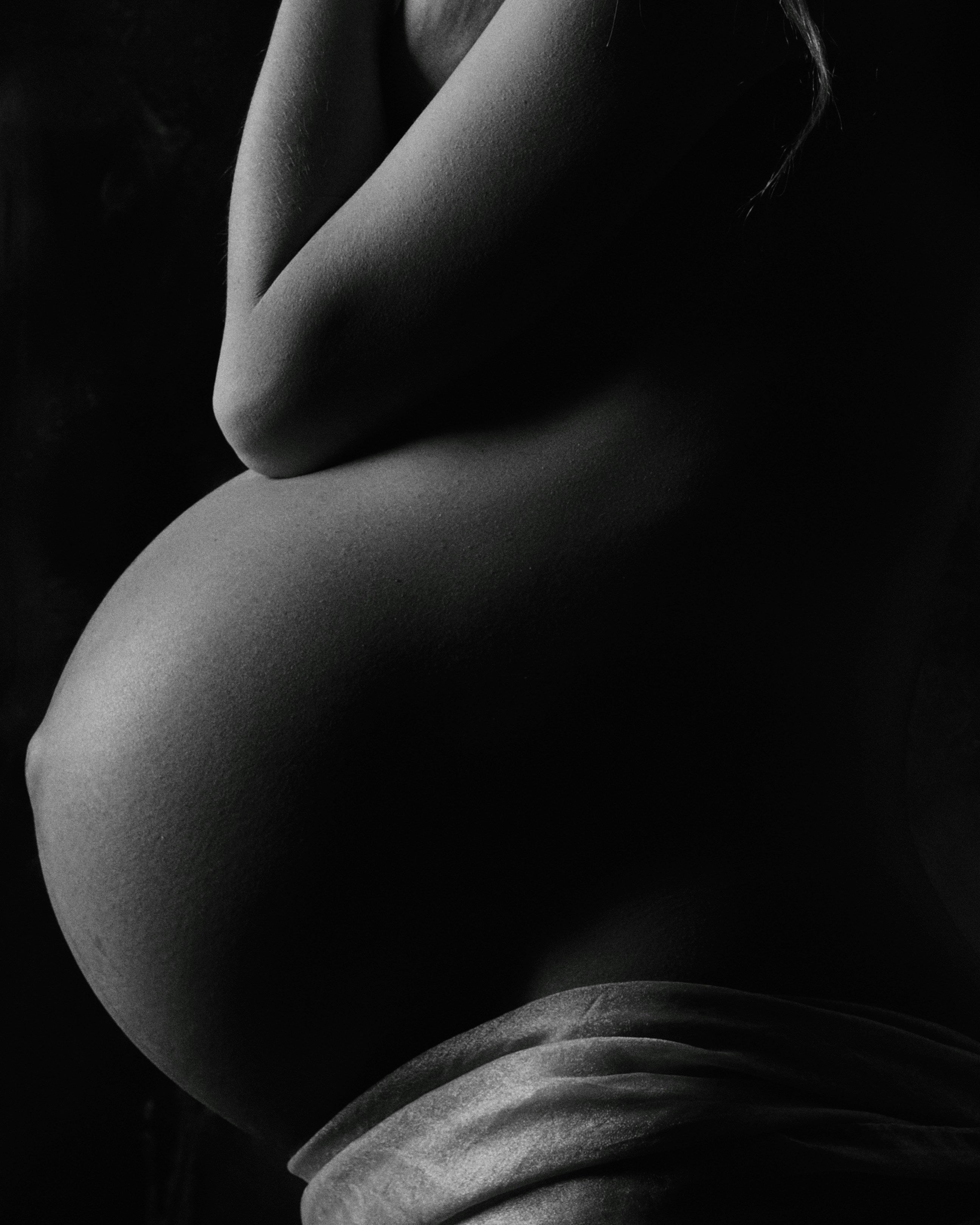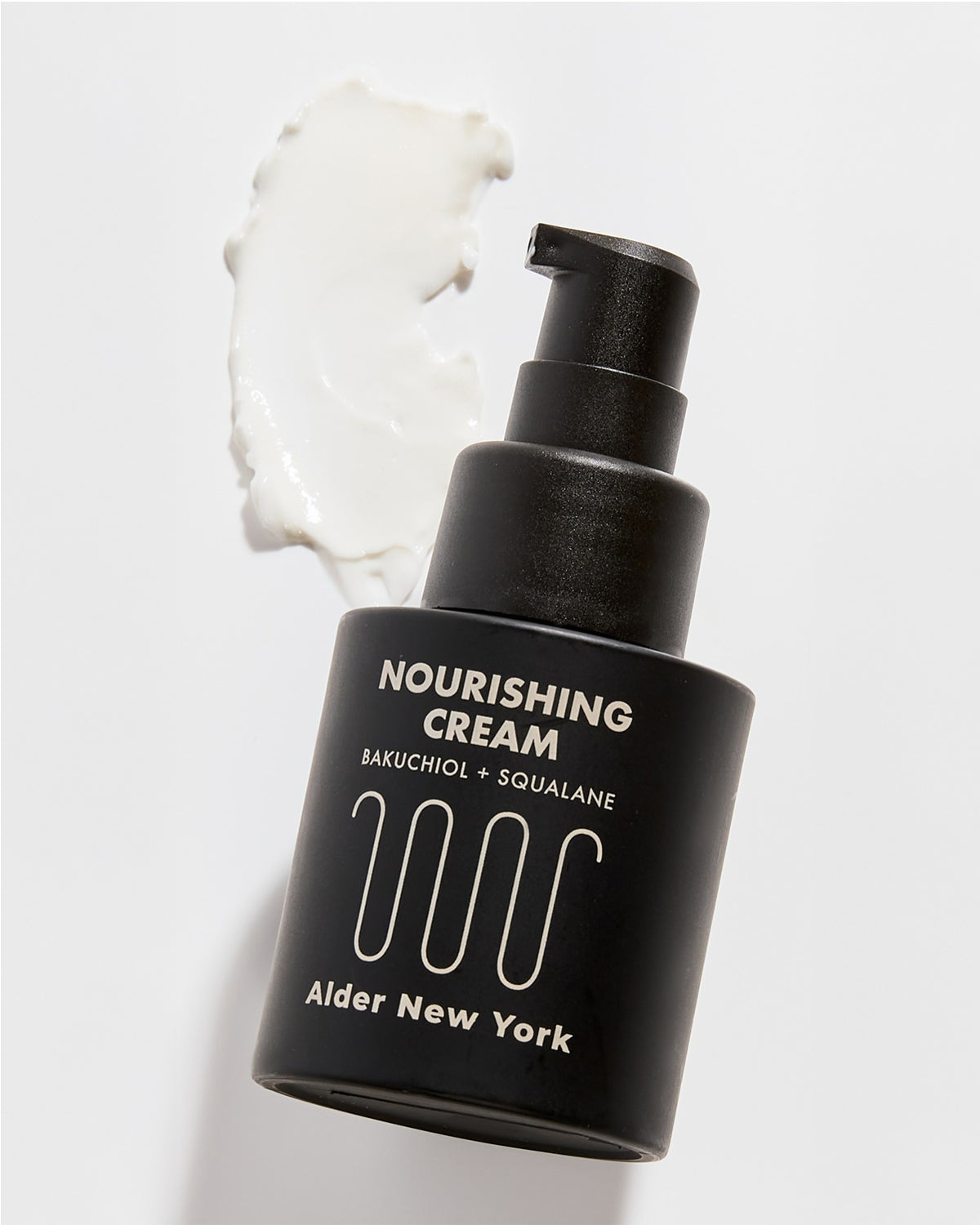
Safe Skincare During Pregnancy: What to Use, What to Avoid
Pregnancy brings a lot of changes- your skincare routine included. As hormone levels shift and your skin starts reacting in new ways, you may also find that some of your go-to products are suddenly off-limits. Navigating ingredient lists can feel overwhelming, especially when all you want is to take care of your skin safely and effectively.
We believe skincare should support you through every phase of life- including pregnancy. So we created this guide to help you make confident, informed choices about what to use, what to avoid, and how to care for your skin with a little more peace of mind.
Why Pregnancy-Safe Skincare Matters
Certain ingredients commonly used in skincare are considered potentially risky during pregnancy because they can be absorbed into the bloodstream or disrupt hormonal balance. Others may simply be too harsh for already sensitive, pregnancy-prone skin.
Even if you're not someone who normally has reactive skin, pregnancy can change how your skin behaves- often making it drier, more acne-prone, or more prone to hyperpigmentation. That’s why this is a good time to simplify, clarify, and get thoughtful about what you're using.
Ingredients to Avoid During Pregnancy
Here are some ingredients most experts recommend skipping while pregnant or breastfeeding:
Retinoids (Vitamin A derivatives)
These include retinol, retinyl palmitate, tretinoin, and adapalene. While topical use may result in low absorption, retinoids are best avoided due to links with potential birth defects at high doses.
Hydroquinone
This skin-lightening agent has higher systemic absorption than most topicals and is not recommended during pregnancy.
Salicylic Acid (in high concentrations)
While small amounts in cleansers may be fine, higher concentrations (like peels or spot treatments) can be absorbed into the bloodstream and should be avoided.
Chemical Sunscreens with Oxybenzone
Oxybenzone and other chemical filters may act as endocrine disruptors. Choose mineral sunscreens with zinc oxide instead.
Certain Essential Oils
High concentrations of essential oils like rosemary, clary sage, and peppermint may not be safe during pregnancy. Look for well-formulated products with minimal or no essential oils.
Ingredients That Are Safe and Effective
Pregnancy-safe doesn’t mean ineffective. There are plenty of ingredients that offer real results while keeping things gentle and low-risk:
Bakuchiol
A plant-based alternative to retinol that helps reduce fine lines, smooth skin, and even tone- without the irritation or risks associated with vitamin A. You’ll find it in our Nourishing Cream.
Niacinamide
A form of vitamin B3 that brightens, calms, and helps reduce breakouts and redness. It’s a hero ingredient in our Balancing Serum.
Squalane
A skin-identical lipid that hydrates and supports your barrier- especially helpful if you’re experiencing dryness or irritation. Our Hydrating Oil is packed with squalane, marula, jojoba, and other botanical oils to nourish and restore.
Zinc Oxide
A mineral sunscreen filter that physically blocks UV rays without irritation or hormone disruption. It also helps soothe inflammation and calm breakouts. Our Clarifying Face Mask uses zinc oxide, kaolin clay, and willow bark to gently decongest skin and reduce redness without over-drying- perfect for hormonal or pregnancy-triggered breakouts.
Calendula, Aloe, and Chamomile
These calming botanicals are rich in antioxidants and known for their anti-inflammatory properties. Calendula, in particular, can help reduce irritation and support skin repair. You’ll find it featured in our Brightening Face Mask, which combines it with vitamin C and kaolin clay to brighten dull, tired skin while keeping things gentle.
Keep It Simple- and Consistent
Pregnancy is not the time to overhaul your routine every week. Instead, aim for consistency with a few core products you trust. We recommend a gentle cleanser, a barrier-supporting serum or oil, and a hydrator that suits your skin’s needs. Treatments like masks can be added a few times a week to address breakouts, dullness, or dehydration.
And remember: always talk to your healthcare provider or dermatologist if you’re unsure about a particular product or ingredient. Your skin deserves thoughtful care- and so do you.




Leave a comment
This site is protected by hCaptcha and the hCaptcha Privacy Policy and Terms of Service apply.